Introduction

The more things change, the more they remain the same. This, it seems, is particularly true for the DucatiScrambler. When I first rode it in 2016, it was the most affordable Ducati one could buy. It had strong but approachable output figures. And it looked simple but brilliant.
Yes, it was fun and aspirational, but, after spending some time with it, we learn that it was also a bit of a pain.
Fast forward to now, and the Scrambler still looks pretty much the same. It has more tech now. And it’s BS6-compliant. But it remains one of the most affordable Ducatis one can buy, brand new. That it costs over Rs 10.5 lakh now compared to around Rs 7.5 lakh it did then - both on the road in Mumbai - does however redefine affordability somewhat. And as far as its output figures go, these continue to be strong, alluring, and fairly exploitable.

Now, we did ride this version of the bike in Thailand a couple of years ago, sans the BS6 update, of course. But we still wanted to see how it is to live with on our roads, with our humidity, and in our traffic. Ergo, this review.
What’s New?

From my point of view (read 2016), quite a bit is new on this Scrambler. It gets a nicer-looking headlight, it has new switchgear, the alloys look more upmarket, and it gets a different-looking exhaust end-can too. Moreover, Ducati says it has reworked the suspension to make it more pliant, and the seat too has been re-profiled and re-foamed to be more comfortable.

The Scrambler gets some fancy add-ons too now like a fuel gauge, ahem. There’s a gear indicator, and both the brake and clutch levers can now be adjusted for reach. The instrumentation is a detailed one that throws up trip and range and ambient temperature readings when on the move. And when one is not riding, it allows a detailed access into the ‘settings’ menu. Here you can adjust settings for your DRLs, turn indicators, date and time display, and the unit system you want; we prefer the metric way. The instrumentation also gives the rider information regarding service schedule and battery health.
And of course, there’s an IMU now that makes braking on the Scramble both safer and smarter. There’s still no traction control, though.
The Ride

Standing next to the KTM 390 Adventure in our office garage, the Scrambler doesn’t look like a big bike. And that is part of the charm of this package. It exudes an air of approachability.
The seat height is low and easily accessible. The footpeg positioning is sporty but not aggressive. And the handlebar though wide and high, comes beautifully together with the seat and the footpegs to offer a comfortable, natural, and friendly seating triangle. What’s more, the weight of the bike sits low. This means moving the near 190kg motorcycle around without engine power won’t result in a pulled this or a torn that. So, if you are an unhealthy forty-something, you’d appreciate this fact no end.

It remains surprisingly friendly on the move too. The clutch is light enough not to leave you with an aching wrist. There’s plenty of torque in the low- and mid-range to make low-speed riding and overtakes a breeze. And the brakes are powerful too; these are also progressive and full of feel. Plus, given the Scrambler’s weight distribution, its low seat height, and its tight turning circle - not to mention its sharp steering geometry - it’s also wonderfully easy to filter through traffic.
That’s till you hit standing traffic.

Because once you do, the air/oil-cooled, 803cc, L-Twin motor begins to heat things up, and not in a good way at all. The engine also doesn’t sound very good at idle. And in a place like Mumbai, with the idling engine engulfing you in a heat bubble, that re-foamed seat still doesn’t offer any respite against a sweaty behind. It’s certainly not a bike I would want to commute on on a humid summer evening.
Going up and down a twisty road, however, is pure joy on the Ducati Scrambler. With the thick spread of torque, one can short-shift and still make good progress. This also means one doesn’t have to work the gearbox too much. Plus, the Scrambler allows for surprisingly good cornering fun. It’s easy to tip into corners even under braking.

There’s good feel and grip from the tyres. There’s more than enough lean clearance. And because you don’t need to keep the motorcycle singing on top of its rpm range, it’s also easy to get on the throttle early and hard while exiting corners without scaring oneself.
It’s not too bad when the road runs out either. Yes, you can’t go around climbing rocks because the ground clearance though acceptable, isn’t great. Plus, there’s no bash plate to protect the vulnerable parts. It’s also not the most conducive for standing up and riding courtesy of both a road-focused footrest design and an exhaust routing which leaves very little room to move your right foot on the pegs.

But, on a fast, non-technical trail, the Scrambler can be both scary and tremendous fun. You can jump it, slide it, walk it, and even drop it, and things won’t go to hell. The big challenge here is the throttle response. It’s still snappy. So, on the road, it might only translate into you being jerked back in your seat unexpectedly from time to time, which is inconvenient, but not scary. Off-road, the snappy throttle results in unexpected slides. And that, if your lean angle exiting a gravelly corner is even slightly aggressive, can make things go from fun to fail very quickly.
Verdict

We mentioned at the start that the previous Scrambler was a bit of a pain. The ride was uncomfortable, it got too hot for our liking, and the lurchy throttle response got our goat more often than not. On the new one, the ride is better, but the rear still kicks around. The engine heat is still a pain in stop-and-go traffic. And the throttle response still needs some tempering.

We also said it was a fun and approachable motorcycle. And that hasn’t changed either. It’s quick, it’s torquey, and it brings out the hooligan in you. What’s more, when you want to be decent and the road isn’t too bad and the temperatures aren’t soaring and there isn’t a lot of traffic, it’s accessible and usable too. But it’s on a winding road, on a cool morning, that it feels the best. It feels intuitive, involving, and as surprising as it might sound, it feels easy to ride fast too.
So, would I buy one? Yes, as a motorcycle it’s lovely. But, it’s not a great tool. And that means I wouldn’t get one as my everyday, do-it-all, big bike.
Photos by Kaustubh Gandhi
Gallery
1/44
Ducati Scrambler Icon Left Side View
Double Tap to Zoom


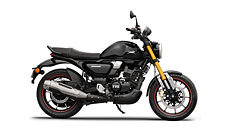
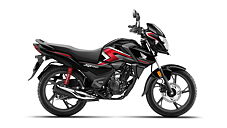
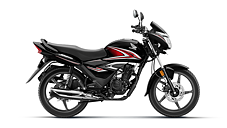

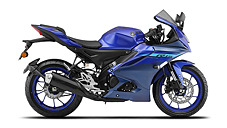
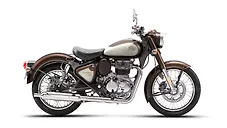
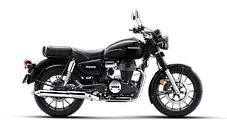
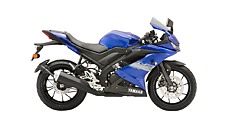
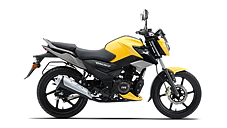
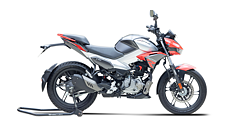
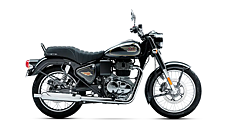
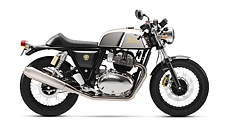
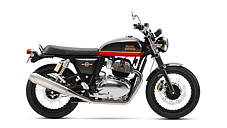
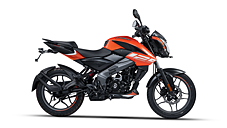

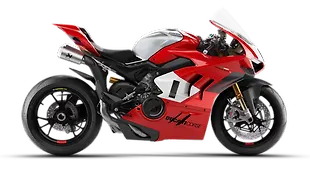
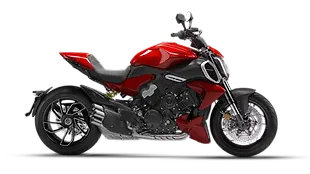




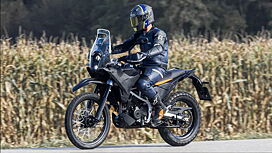
![KTM 390 Adventure X [2025] KTM 390 Adventure X [2025]](https://imgd.aeplcdn.com/272x153/n/cw/ec/190885/390-adventure-x-2025-right-side-view.jpeg?isig=0&q=80)